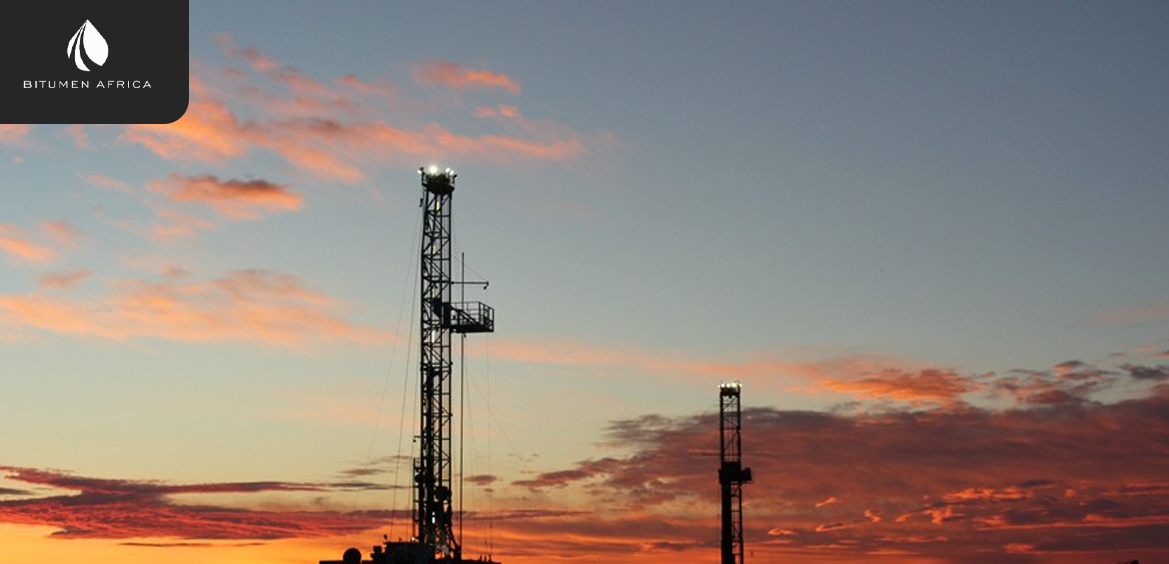Angola has achieved a significant milestone in its energy sector with the discovery of a major natural gas reserve in the Lower Congo Basin. This marks the country’s first dedicated natural gas exploration well, successfully drilled by Azule Energy—a joint venture involving BP, Eni, and Angolan partners. Early estimates suggest that the site holds over 1 trillion cubic feet of gas and around 100 million barrels of condensates. This breakthrough is expected to bolster Angola’s long-term energy security and enhance its position as an energy exporter, particularly as it shifts away from its traditional reliance on crude oil.
This discovery comes at a strategic time for Angola, which exited OPEC in 2023 and is seeking to diversify its economy away from the volatility of oil markets. The country's newly introduced National Gas Master Plan (NGMP) outlines a 30-year strategy to develop the natural gas sector, aiming to attract over \$30 billion in investment and generate \$150 billion in economic returns. The NGMP builds upon Law 10/14, which prohibits gas flaring, ensuring a more environmentally sustainable approach to energy development.
International investors have shown strong confidence in Angola's gas ambitions, with over \$60 billion in financial commitments secured over the next five years. The country aims to become a regional gas hub, supplying liquefied natural gas (LNG) to both Asian and European markets. Estimates suggest Angola could earn between \$2 billion and \$3 billion annually in LNG revenues by the late 2030s. To support this vision, Angola launched the New Gas Consortium (NGC), its first non-associated gas project, focused on boosting domestic energy security.
Despite these promising developments, Angola’s oil revenues have declined. In the first quarter of 2025, crude oil export earnings fell by 18% year-over-year to \$6.4 billion due to reduced volumes and lower global prices. The country exported 85.14 million barrels, marking a nearly 10% drop compared to the same period in 2024. China remained the top buyer of Angolan crude, followed by India and several Southeast Asian and European nations. Angola and Nigeria remain Africa’s top oil producers, although both are diversifying their energy strategies.
Beyond energy, Angola is pursuing multi-sector economic growth, targeting 17.5 million carats of annual diamond production by 2027. The government is aligning its hydrocarbon, mining, and agricultural sectors to boost fertilizer output and broader economic resilience. Meanwhile, the Africa Finance Corporation recently highlighted Nigeria and Angola as key leaders in the continent's energy transformation. Nigeria's recent success with the Dangote Refinery, which has begun refining domestic crude, may serve as a model for regional energy independence and transparency—something Angola appears eager to replicate through its evolving energy framework.

